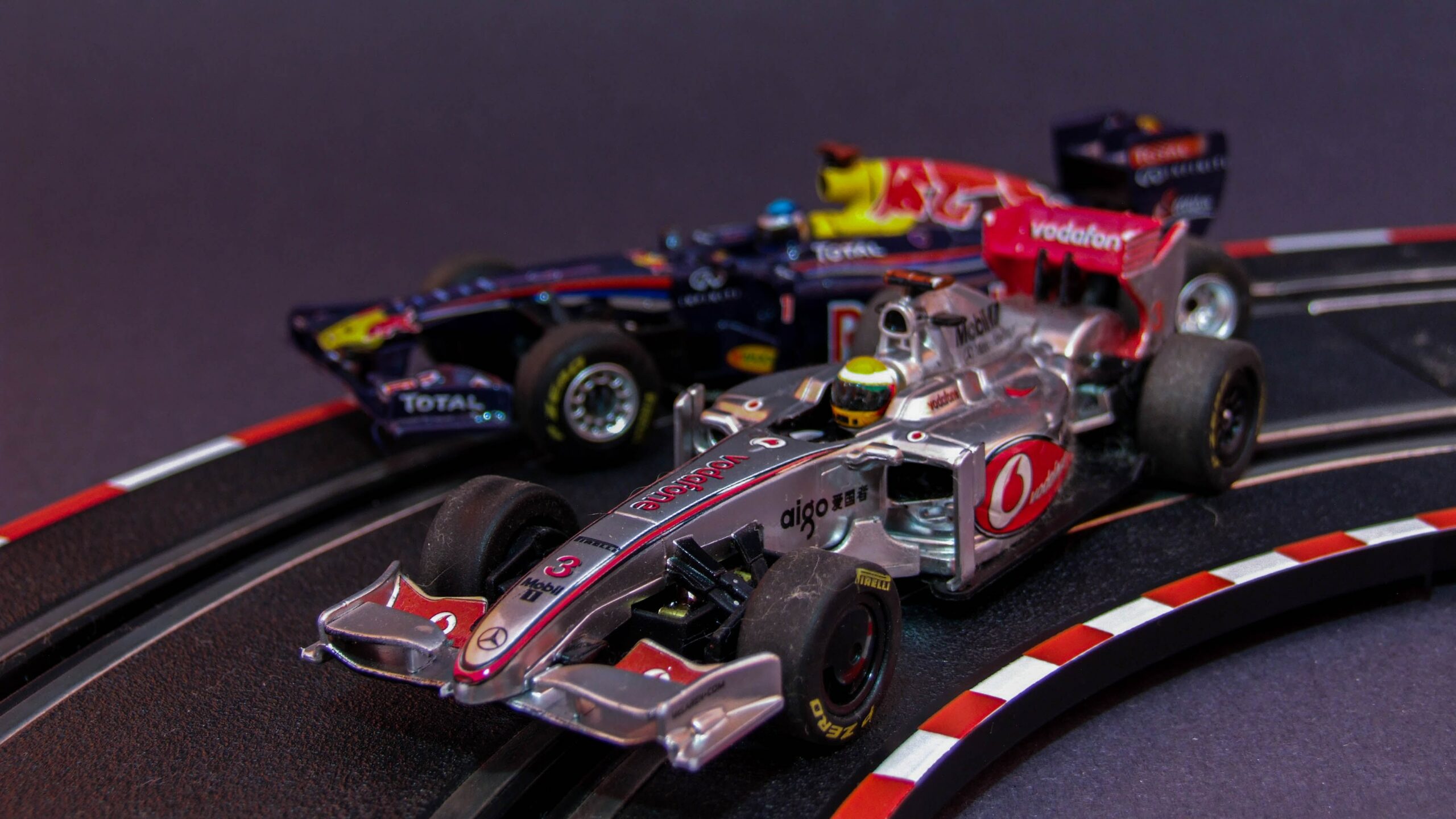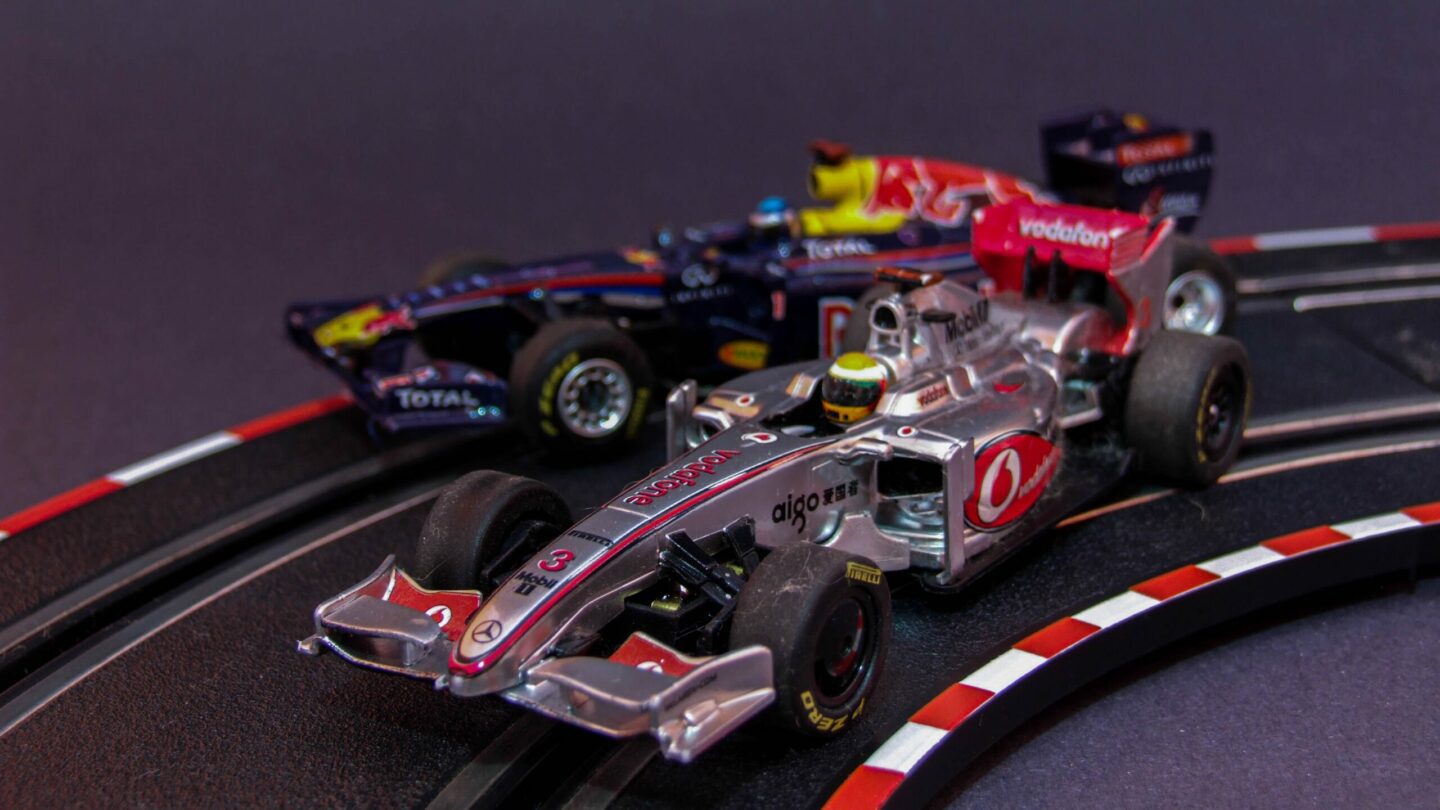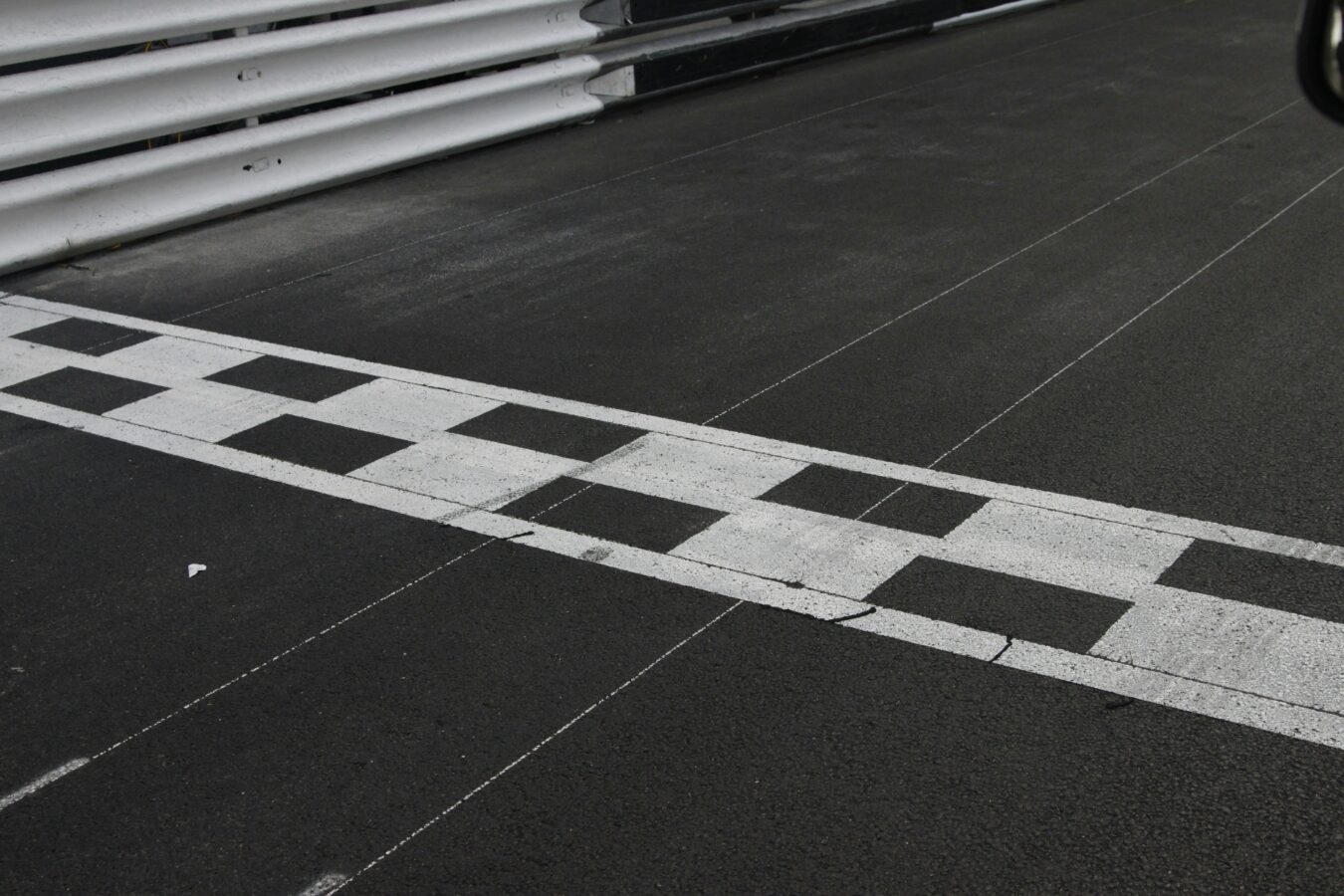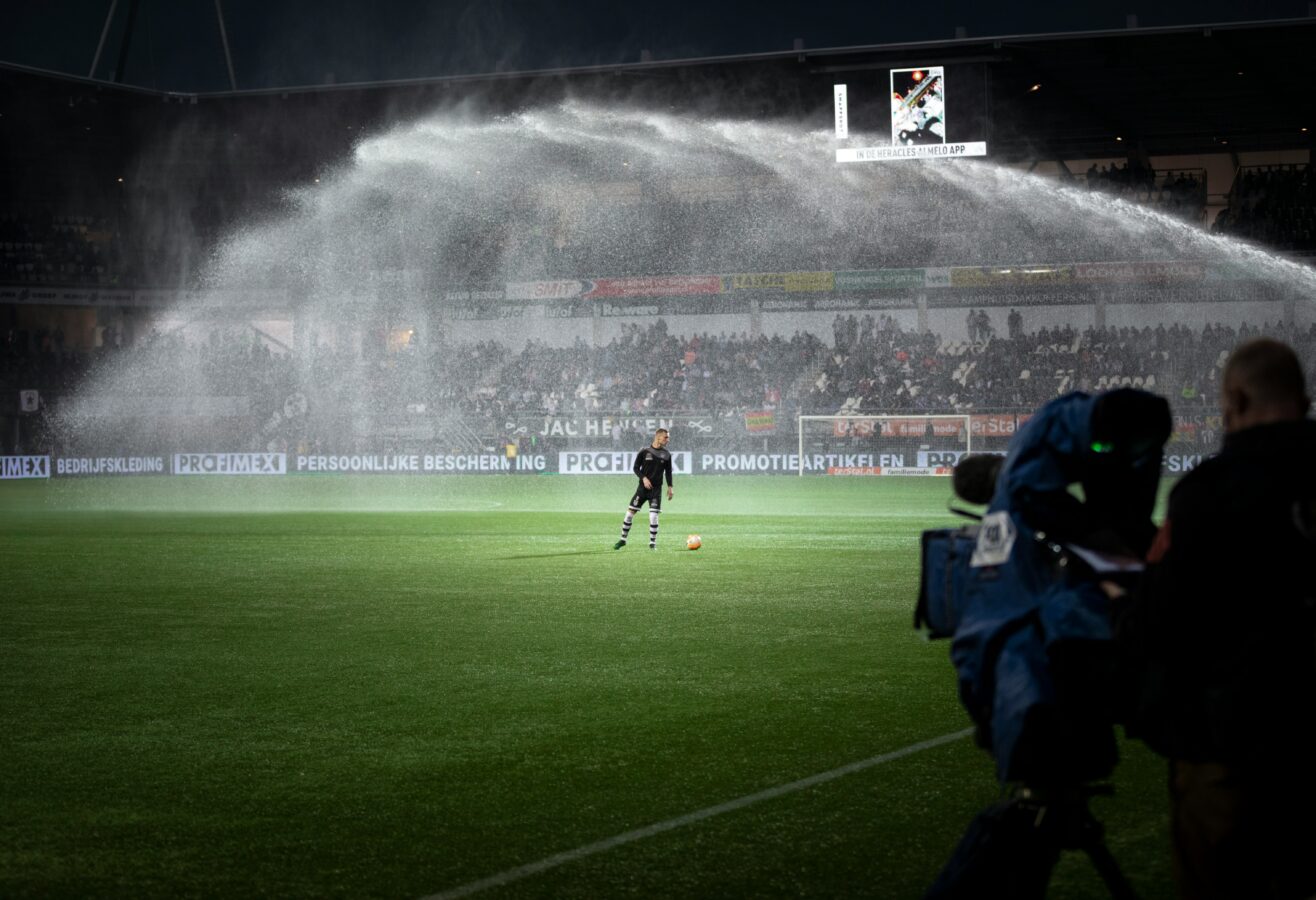
At Performance we have the full spectrum of F1 fans. From the full-on watch-every-weekend addicts to those who probably couldn’t name more than two drivers (and this is probably more down to Lewis Hamilton’s latest haircut or social media gaff than his driving).
But what do they make of this season so far? We take the views of a self-proclaimed F1 fanatic and a mild fan who has lost interest in the sport over the past couple of years to see what they make of the season so far following a thrilling race in Baku.
[row]
[one_half]
[icon icon=”fas fa-times” color=”primary” size=”big” with_circle=”1″ link=””]
[highlight]Against[/highlight]
I used to think of myself as somewhere in the middle of the spectrum of F1 fans. It used to be that if I was around to watch it, then I would. However, I’ve been sliding slowly down that scale over the past couple of years and it is all down to what I think is the somewhat predictive nature of the sport.
I’m well aware that the Baku race bucked the trend somewhat with a number of race incidents and a driver on the podium who doesn’t race for the power trio of Ferrari, Red Bull or Mercedes – the last time this happened was the same race last year and the only time it happened in the whole of 2017.
It appears that I’m not the only one with waning interest. A recent article highlighted the huge disparity in viewing figures for F1 races at the start and end of a race compared to the middle section with a peak at two million more viewers at these points. And this pattern reflects exactly my current viewing habits of F1. I’ll watch the first two laps, maybe check in halfway to see what’s happened and then return for the end to see who wins – more often than not it’s the driver that has gained an insurmountable lead after those first two laps.
It’s not just the viewing public that this applies to, either. Fernando Alonso was recently complaining about how the order of the race is pretty much set from Thursday to the chequered flag on the Sunday. Now, you might argue this is just bitterness on the part of an ageing racing driver in a very uncompetitive car duelling for a 10th place finish. But he does have a point and Liberty Media, who purchased the sport for hefty sum from Bernie Ecclestone, surely knows this. My colleague will argue that the middle order is now closer than ever and therefore exciting, but until they are truly competitive and not being lapped by the top six cars, this all seems like a moot point.
One idea to really shake things up is to shorten the races. Currently all races, bar Monaco, are 300km and can last no longer than two hours. But why not cut the distance and make them one hour maximum. This would mean drivers need to make moves sooner and result in more overtaking and exciting racing. Watching for almost 120 minutes and seeing all but six of the field lapped is not conducive to an entertaining sport.
[/one_half]
[one_half]
[icon icon=”fas fa-check” color=”primary” size=”big” with_circle=”1″ link=””]
[highlight]For[/highlight]
I’d like to start this with an apology to my neighbours. I’m very sorry for the noise disturbance at around 2:45pm on Sunday afternoon. Or more precisely, lap 40 when Daniel Ricciardo piled straight into the back of Max Verstappen and triggered 12 laps of on-the-edge-of-your seat, nail-biting, screaming at the TV racing drama.
In fact, I should probably extend that apology to cover the previous three races and the next 17 because the 2018 Formula One season is set to be a thriller.
My main memory of F1 growing up is of a red car driving very loudly around a circuit and consistently winning with no real rival. Michael Schumacher did that for five years back-to-back. Snore. A few years later, this was replicated by his compatriot, Sebastian Vettel, for a further four seasons. Yawn. The discussion back then was that the rival teams needed to become more competitive.
Back to 2018, and so far there have been three different winners from three different teams in four races. Not only that, but there could easily have been at least one alternative winner in each of those races if different decisions had been made. With the battle between Mercedes, Ferrari and Red Bull closer than ever, there are six potential winners lining up on the grid each week and that’s before the action gets underway. And anything can happen when the lights go out.
Yes, Formula One is a sport dominated by the wealthier teams but is that any different to many other sports, particularly the Premier League? Are the teams in the bottom half of the table truly competitive with the likes of Manchester City or Chelsea? I’d argue not but ultimately does that stop legions of fans from enjoying the beautiful game? Formula One is really no different and it makes the unexpected results, such as Alfa Romeo Sauber finishing in the points twice this season, even more enjoyable.
Of course there is room for improvement. However, I’d suggest that instead of limiting the race length, Formula One needs to address the fundamental problem that the current car design makes it hard to follow in close proximity without a huge performance drop-off. As that’s not a quick change, can we just skip the circuits which produce boring races under the current design regulations? The Russian Grand Prix springs to mind immediately – just one overtaking pass recorded at the Sochi Autodrom in 2017.
Toto Wolff, Mercedes team principal, summed up the 2018 season perfectly ahead of the Azerbaijan Grand Prix. “Three teams are fighting fiercely for race wins. We’d witnessed exciting races with nail-biting overtakes. The fastest F1 cars in history, driven by some of the best drivers this sport has seen. So far, this year has all the ingredients for one of those legendary F1 seasons – a season that fans will look back on with smiles on their faces in years to come”.
And based on the amount of screaming, shouting and smiling I’ve done during the first four races, I’m inclined to agree.
[/one_half]
[/row]
















